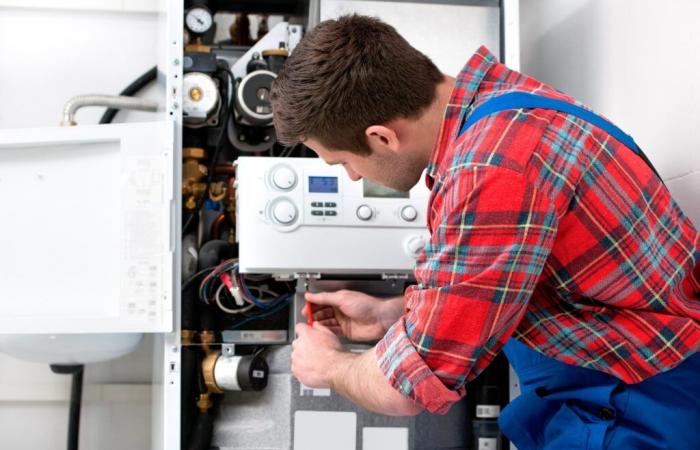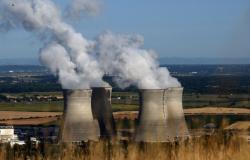Why this increase in VAT on gas boilers?
For several years, THPE condensing boilers have benefited from a VAT rate reduced to 5.5%. This advantageous rate was intended to facilitate their adoption, because they are more efficient and emit less CO₂ than traditional boilers. However, these devices still operate with natural gasa fossil energy whose use is now limited to respect the France’s climate commitments.
By increasing VAT to 10%, the government hopes to achieve two major objectives:
- Gradually reduce dependence on fossil fuels by making alternatives more attractive.
- Direct consumers towards more ecological solutions, such as heat pumps or hybrid systems.
This increase is therefore part of a global energy transition policy, but it risks having concrete consequences on household budgets.
Which boilers are affected by this change?
Not all gas boilers are affected by this measure. Here’s what you need to know:
- Affected devices : Very high energy performance boilers (THPE), also called condensing boilers, used for their high efficiency.
- Services included : The VAT increase applies to both the purchase of the equipment and the installation, which will directly impact the total cost of the installation.
- Exceptions : Systems using complementary renewable energies, such as hybrid boilers (gas + heat pump), could continue to benefit from a reduced rate of 5.5%.
If you plan to invest in a THPE gas boiler, make sure the quote is validated and the deposit paid before December 31, 2024 to maintain the reduced rate.
What impact for consumers?
For individuals, this VAT increase represents a direct increase in installation costs.
- A THPE boiler costing €6,000 (installation included) will be taxed at 10%, or €600 VAT, compared to €330 previously.
- This represents an increase of €270 on the total cost.
This change could hold back some households, particularly those considering replacing their old boiler for energy saving reasons.
This increase is likely to encourage consumers to explore alternative solutions, but it could also create tension for those who cannot afford an immediate change.
What are the alternatives for a more ecological and economical heating?
If the gas boiler becomes less accessible, other options exist for heating while reducing your carbon footprint. Here are some ideas to consider:
- Heat pumps (PAC)
These devices use calories from the air, water or ground to heat your home. Although they are more expensive to purchase (between €10,000 and €15,000), they benefit from numerous aids such as MaPrimeRénov’ and reduced VAT rates. - Hybrid boilers
These systems combine a gas boiler with a heat pump. They allow a smooth transition while reducing gas consumption. - Heating with wood or pellets
Wood stoves or boilers are both economical and environmentally friendly. Their cost is often amortized quickly thanks to cheaper fuel. - Improving thermal insulation
Reducing heat loss is often the most cost-effective solution. By investing in the insulation of your home, you will reduce your heating needs, regardless of the system used.
Before embarking on a new heating project, have an energy diagnosis of your home carried out. This will help you identify the solution best suited to your needs and budget.
Think long term: a choice that goes beyond the VAT increase
Although this increase in VAT may seem restrictive, it calls for broader reflection on our heating methods and their environmental impact. Gas boilers, even efficient ones, are part of a short-term logic in the face of the climate emergency. By exploring sustainable solutions like heat pumps or hybrid systems, you are investing not only in your comfort, but also in a future that is more respectful of the planet.
What if this VAT increase was ultimately an opportunity to review your energy strategy? Take advantage of the numerous supports available to begin a transition towards more ecological solutions and reduce your bills in the long term. After all, the real economy is one that respects both your wallet and the environment.






